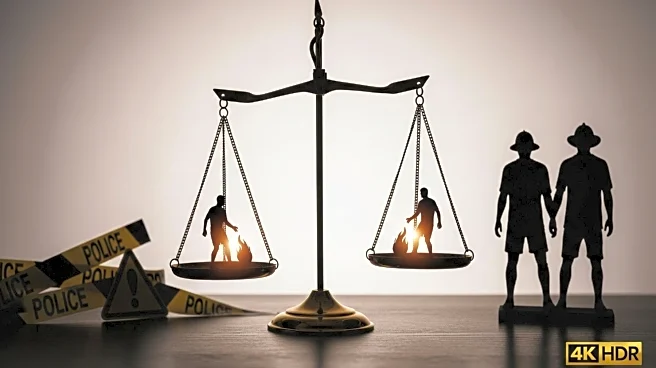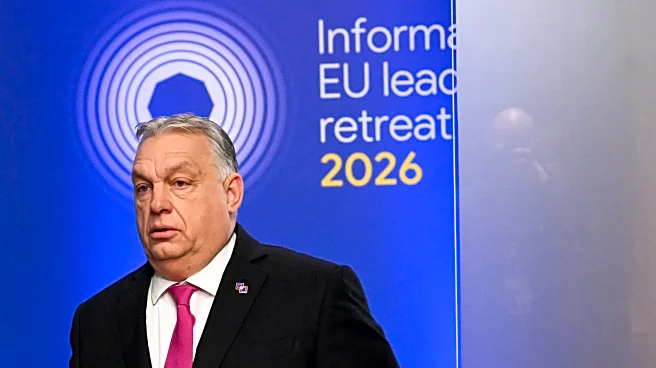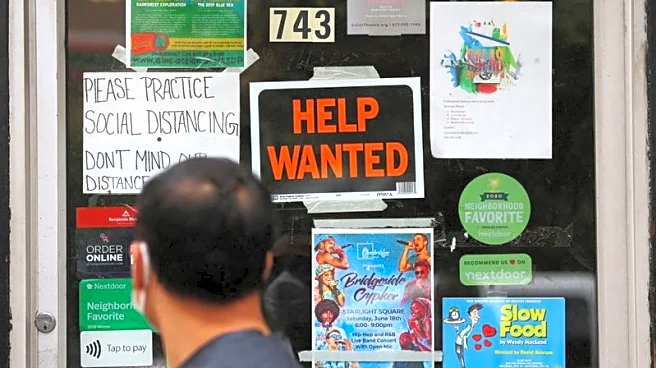What's Happening?
Seychelles is holding a presidential runoff election between incumbent President Wavel Ramkalawan and opposition leader Patrick Herminie. The initial election did not produce a clear winner, with Herminie receiving 48.8% of the votes and Ramkalawan 46.4%. A candidate must secure more than 50% of the vote to win. The runoff is seen as a close contest, with both candidates addressing key issues such as environmental damage and drug addiction. Herminie represents the United Seychelles party, which ruled the nation for four decades before losing power in 2020. Ramkalawan, from the Linyon Demokratik Seselwa party, is seeking a second term.
Why It's Important?
The outcome of the Seychelles presidential runoff could significantly impact the nation's political landscape and its approach to pressing issues. The election is crucial for addressing environmental concerns and the heroin addiction crisis, which are major challenges for the country. The decision to lease land to a Qatari company for a luxury hotel has sparked criticism, highlighting tensions between economic development and national sovereignty. The election results will determine the direction of Seychelles' policies on these matters, affecting both domestic welfare and international relations.
What's Next?
The results of the runoff election are expected soon, with potential implications for Seychelles' governance and policy direction. If Herminie wins, it could mark a political shift and a return to power for the United Seychelles party. Ramkalawan's victory would mean continuity in leadership and policies. The election's outcome may influence future decisions on foreign investments and environmental policies, as well as strategies to combat drug addiction. Stakeholders, including political leaders and civil society groups, are likely to react based on the election results.
Beyond the Headlines
The election in Seychelles highlights broader issues of governance, sovereignty, and environmental stewardship in small island nations. The controversy over land leasing to foreign entities underscores the delicate balance between economic growth and preserving national interests. The heroin addiction crisis further complicates the social landscape, requiring comprehensive policy responses. The election serves as a case study in how small nations navigate complex global and local challenges.












